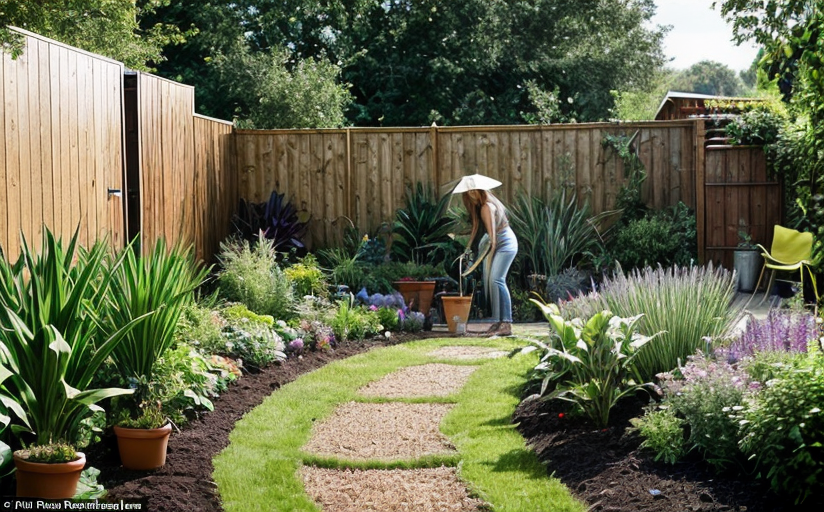Revitalizing your Garden Space with Sustainable and Eco-friendly Methods
For those passionate about their gardens, the shift towards greener practices is not just about creating a visually stunning outdoor space, but also about contributing positively to the environment. This article explores how you can rejuvenate your garden space using environmentally friendly approaches.
The Importance of Eco-friendly Gardening
Environmentally conscious gardening is essential for a myriad of reasons. Beyond improving air quality and promoting biodiversity, eco-friendly gardening also aids in reducing household waste. Emphasizing composting and recycling efforts generated from your garden can have a dramatic effect on reducing the amount of waste that ends up in landfills.
Maintaining Garden Biodiversity
Biodiversity is a critical component of a healthy environment. By fostering a diverse range of flora and fauna in our gardens, we support various species and contribute to the overall ecological balance. Start by incorporating native plants, which provide a home for local insects and birds, and consider creating different habitats, such as a pond for amphibians or a log pile for insects.
Benefits of Sustainable Gardening for Our Ecosystem
Sustainable gardening practices, such as reducing the use of chemical pesticides and fertilizers, building compost heaps, and practicing water conservation techniques, contribute significantly to environmental health. These practices reduce pollution, replenish the soil, and protect local wildlife. The more we incorporate these methods, the more we can help our planet and promote a sustainable ecosystem.
Sustainable Gardening Tips
- Use compost and mulch to improve soil health and retain water.
- Garden design: Create a landscape that blends with the local environment and encourages biodiversity.
- Choose the right plants: Go for native plants as they require less water and attention compared to non-native species.
- Recycle: Turn your garden and kitchen waste into compost.
- Water Conservation: Utilize techniques such as rainwater harvesting and drip irrigation.
Water Conservation in Gardening
Conscious water usage helps save this precious resource and your wallet. Embrace methods like rainwater harvesting, timed irrigation systems, and strategic garden layout to reduce evaporation and improve water efficiency.
Composting Kitchen Waste
Composting is an excellent way to recycle kitchen waste like fruit peels, coffee grounds, eggshells, and yard waste like grass clippings and fallen leaves. Not only will it reduce the amount of waste going to the landfill, but it will also enrich your soil, nourishing your plants and reducing the need for chemical fertilizers.
Plant Growth and Sustainability
Choosing the right plants for your garden can make a world of difference. Native plants are built to thrive in your geographical location, which means they're resilient to local pests and diseases and require fewer resources like water and fertilizers. This keeps ecosystems intact and contributes to a more sustainable planet.
The Effects on the Environment
If everyone would adopt environmentally responsible gardening, it could drastically reduce landfill waste, conserve biodiversity, save water, and eliminate the widespread use of harmful fertilizers and pesticides. Remember - every green act counts. Your little garden could make a big difference.
Conclusion
Environmentally responsible gardening is more than just a green thumb hobby; it is a step towards a sustainable lifestyle. Embrace these eco-friendly practices and play a part in revitalizing our precious ecosystem for future generations.


















Comments
Leave a Comment